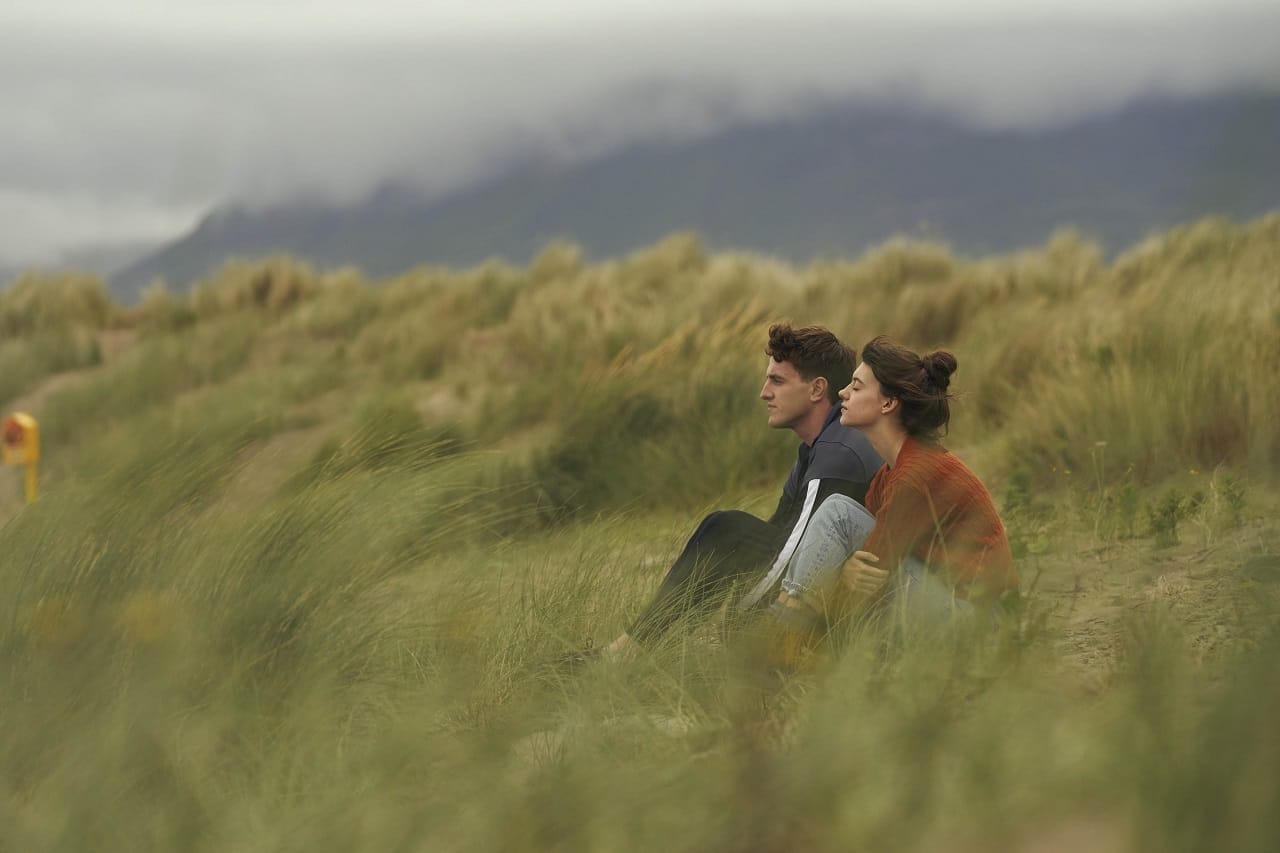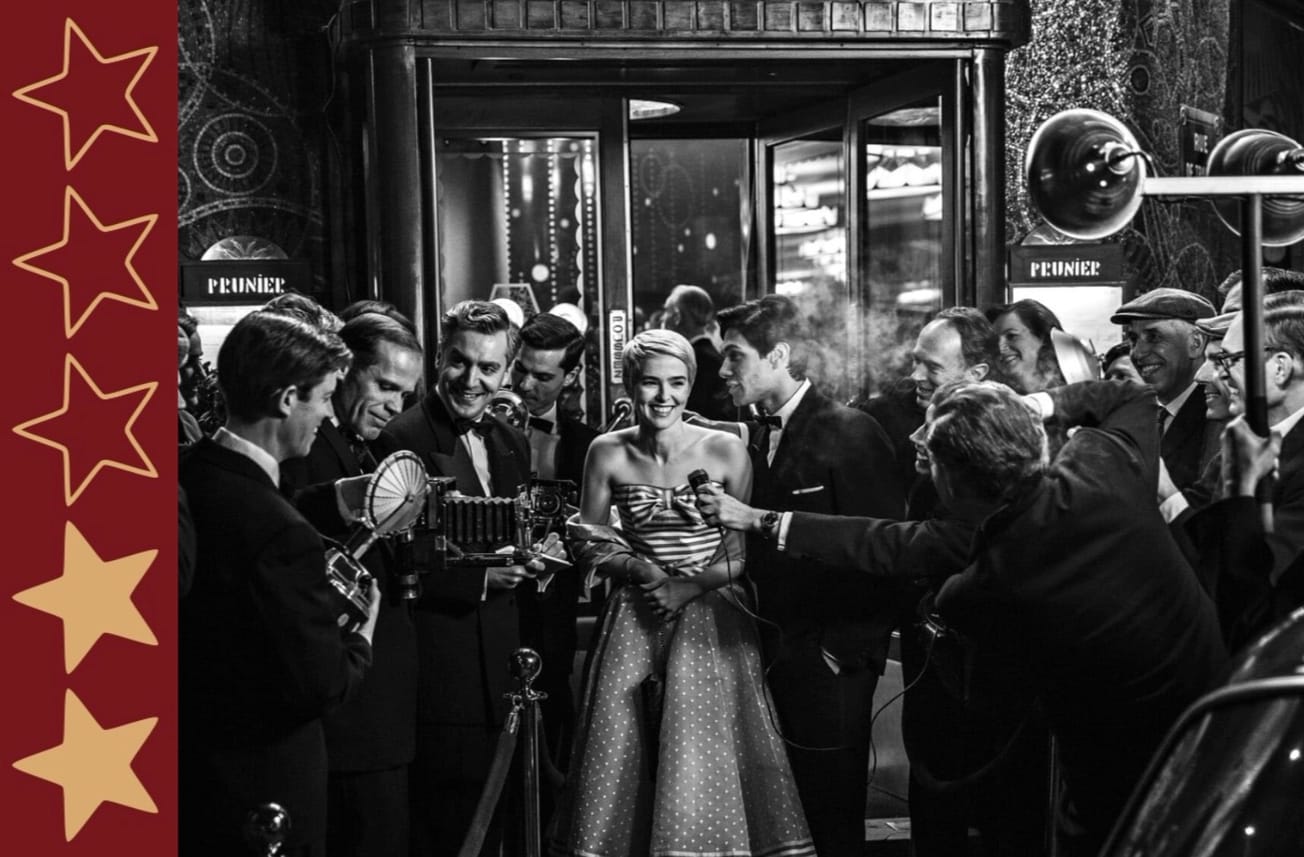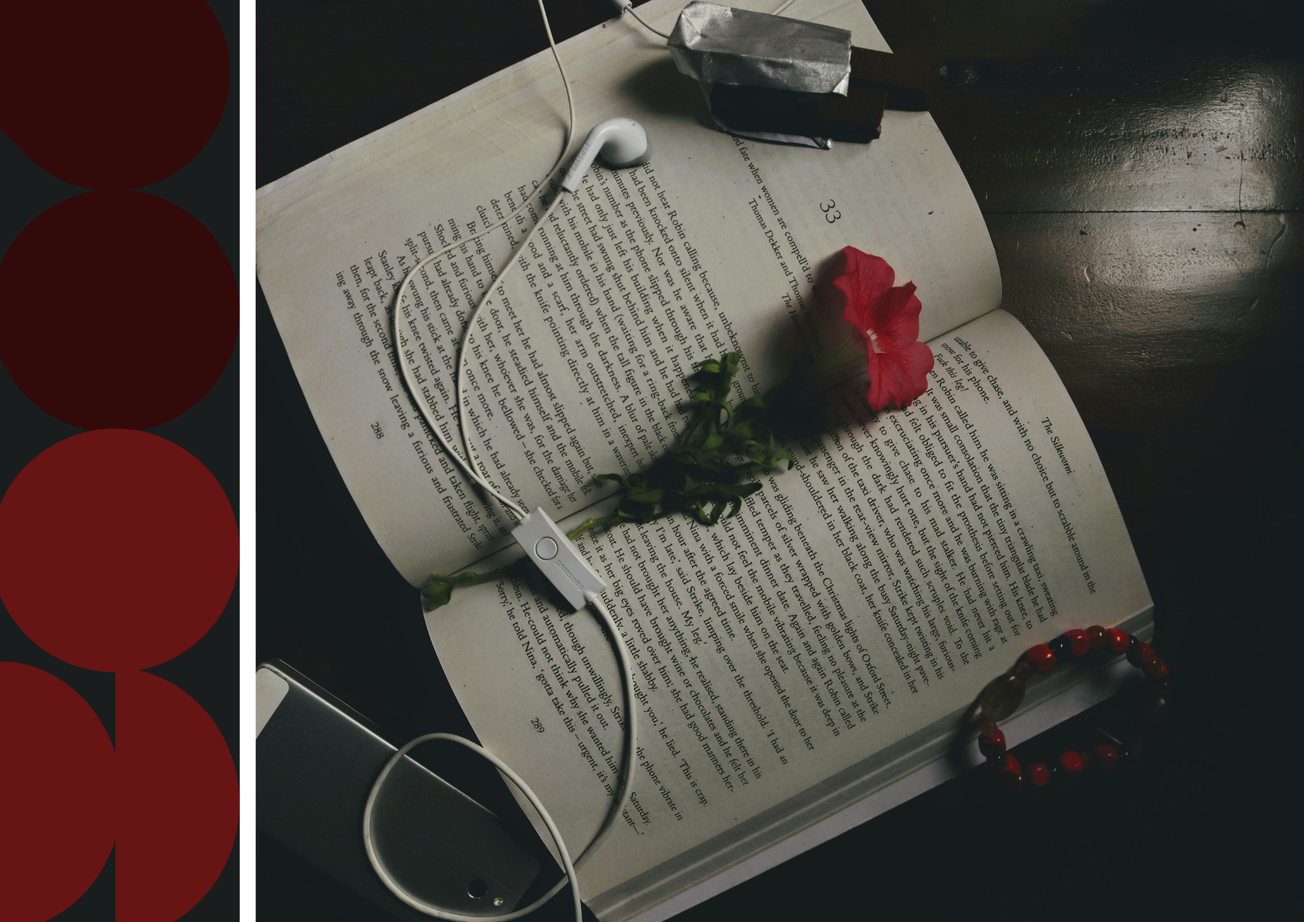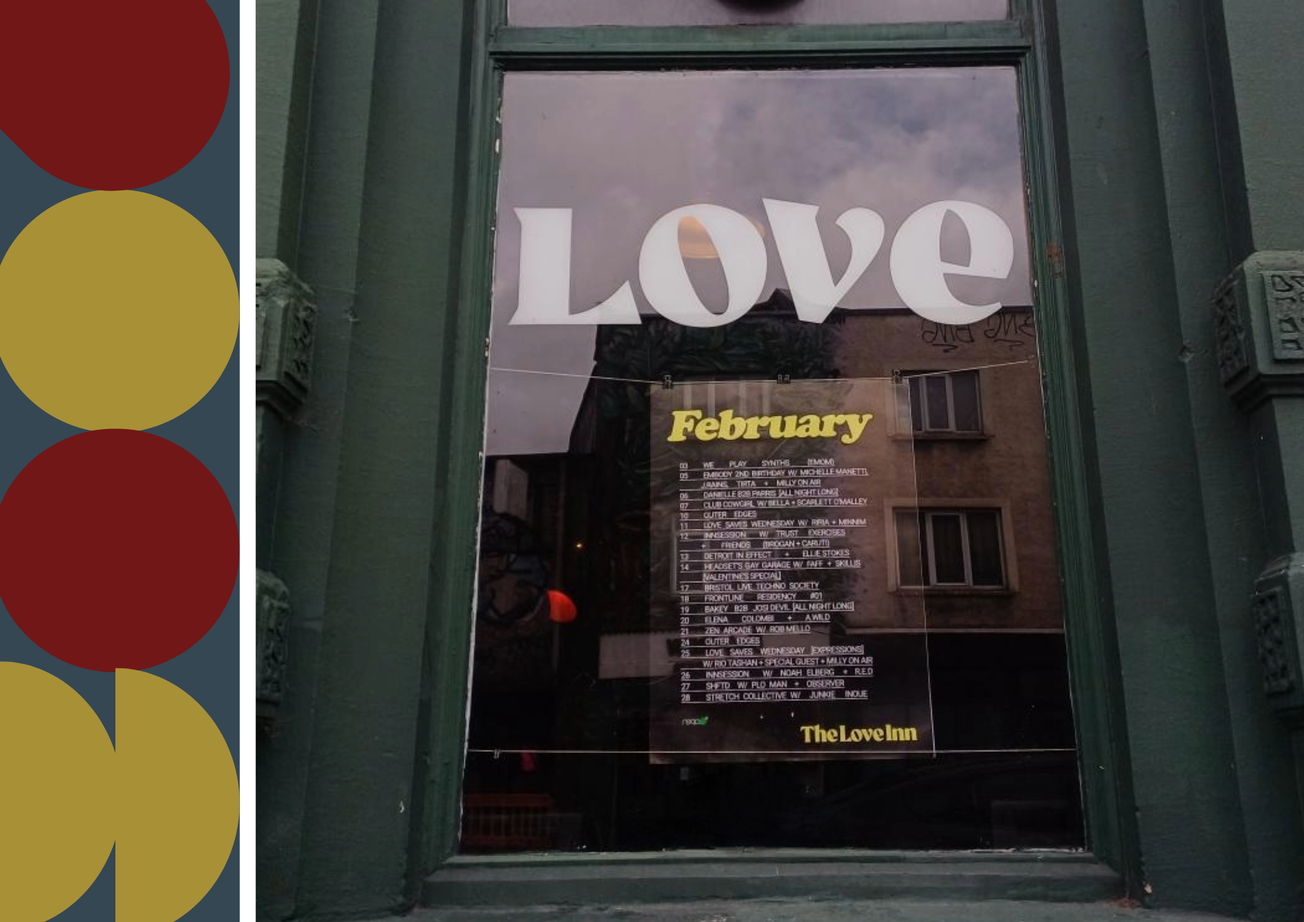Evelyn Heis, Film & TV Editor
The Hunger Games (2012)
The early 2010s were a legendary time for the dystopian film genre. The Hunger Games (2012), Percy Jackson: The Lightning Thief (2010), Divergent (2014) and The Mazerunner (2014) shook our entire generation to the core. I can’t be the only one to feel like they don’t make films as good as them anymore…
One film that I go back to time and time again has to be The Hunger Games (2012): the very first film that made me fall in love with Jennifer Lawrence and proved to be the most exciting source of drama for my high school. ‘Are you team Peeta or Gale?’ was the discourse that permeated the halls of my school and consequently split up the year group. Obviously, the only correct answer was, and still is, team Peeta.
Despite how horrific the dystopian conditions of the film are, it serves as an undeniable source of comfort for me to this day. I still get goosebumps every time I watch the Reaping, and I feel myself rush with excitement when I see glimpses of Katniss and Peeta’s slow-burn romance blossom. I absolutely EAT up every one of Effie’s outfits, and I adore Stanley Tucci’s bright-coloured hairdos, obnoxious laugh, and dramatic show-hosting abilities once they all reach the Capital.
Indeed, I would quite literally trade my soul to be able to watch these films for the first time again. And while I’m not able to do that, and probably for the best of reasons, The Hunger Games four-film franchise is so well-made that I remain just as shocked, enthralled, and teary-eyed as when I first watched them every single time.
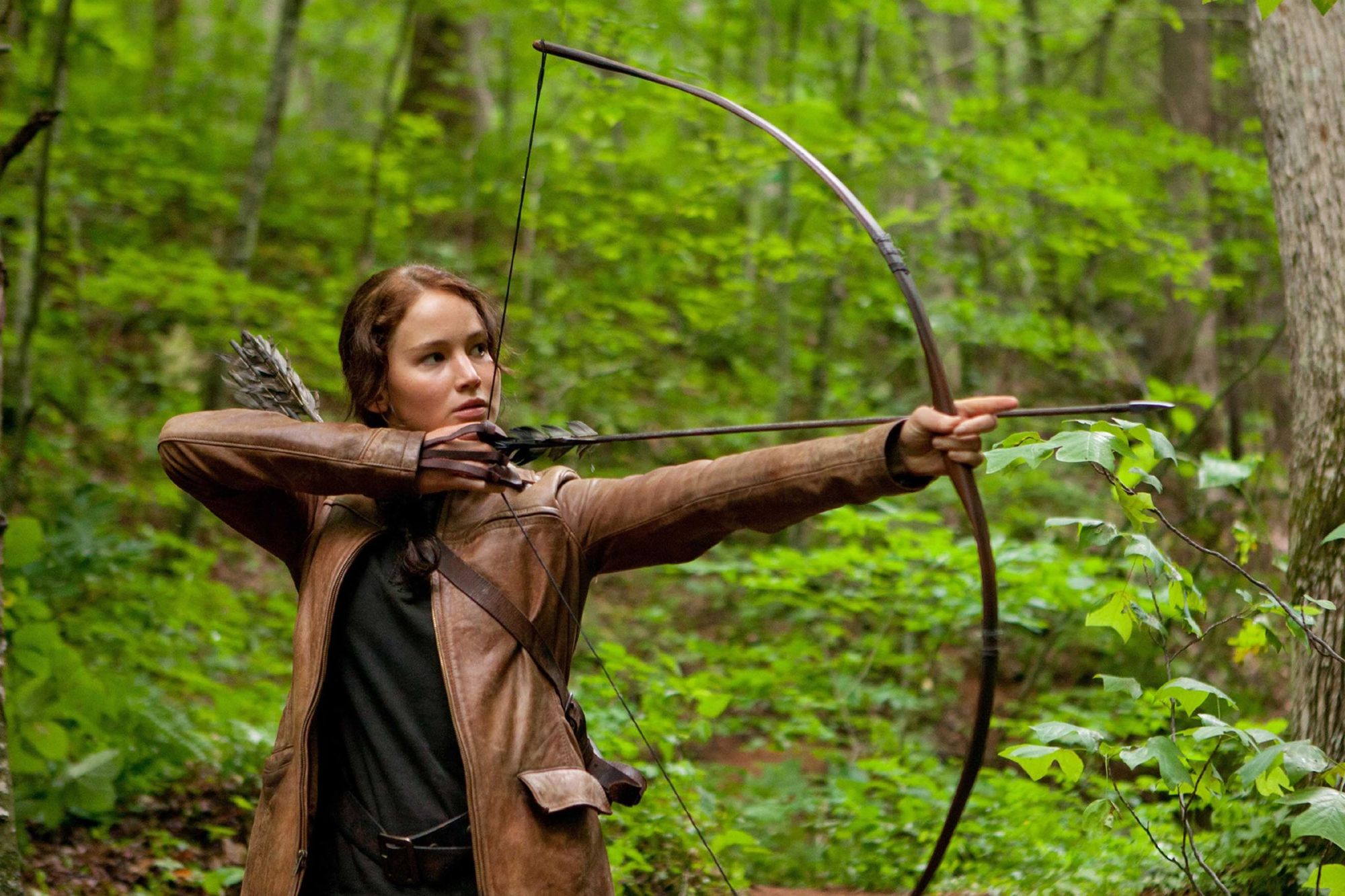
Jake Tickle, Deputy Film & TV Editor
The Legend of Korra (2012)
January can be a bit of a slow month, and with deadlines and just general uni work, I have struggled a little to actually sit down and binge a series. However, every dinner time whilst eating, I like to just pop something on for easy watching that I actually enjoy too.
The one I’ve been watching and have just finished re-watching is The Legend of Korra. All of the series are available on Netflix, and it is the sequel series to Avatar: The Last Airbender (2005). It has pretty much everything you could want from an animated series; it delves into more mature themes than its predecessor whilst also maintaining the charm of the characters that make you truly care about them.
This series revolves around Korra, who is already three-quarters of her way to becoming a fully-fledged Avatar by the time she is discovered when she is only young. She really gives Aang a run for his money, being far more powerful than he was from the get-go. She does, however, have her setbacks as the series goes on, which makes for some very dramatic moments, all while being split into nice twenty minute episodes with four seasons and about ten episodes per season.
I like that the Avatar studio were able to maintain an action-packed series without it becoming too intense like some anime out there. Overall, a great watch and also full of queer allusions and a big fat gay ending!
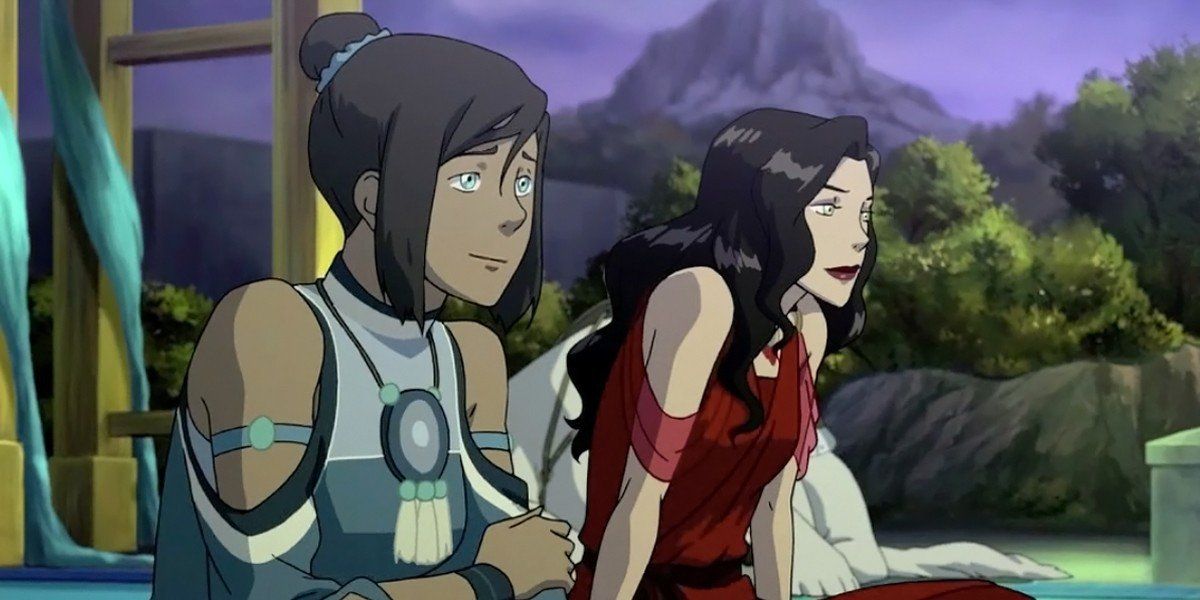
Amelia Jacob, Digital Film & TV Editor
Penelope (2006)
My ultimate easy-watch indulgence is the underrated romance Penelope (2006), a film I first watched as a wide-eyed eight-year-old after renting it from the Blockbuster down the road from my house with my mum.
Penelope is for the kids who loved The Brothers Grimm, the annual carnival, bright city lights at nightfall and steaming hot chocolate. It’s Beauty and the Beast if the beauty were a dark, brooding James McAvoy, and the beast was a saccharine Christina Ricci replete with a prosthetic pig nose. Intrigued yet?
The central dilemma of Penelope is an early noughties fairy tale, as the titular character, cursed with the nose of a pig until ‘one of her own kind’ learns to love her, spurns her over-protective parents and chooses to traipse through the streets of London instead, where everyone, inexplicably, has an American accent and buckets of inherited wealth.
Cue Max Campion (McAvoy) Percy Shelley, if he’d been born in the age of the flip-phone, the resistant puppet of tabloid photographer Lemon (Peter Dinklage) who is hell-bent on exposing Penelope’s secret to the world.
The film walks a fine line between light-hearted and melancholic and has a wonderful soundtrack (looking at you, Hoppípolla). It’s a perfect watch for these cold winter months.

Claire Meakins, Film & TV Subeditor and Film Critic
Howl’s Moving Castle (2004)
With January being one of the more depressing times of the year, I find myself gravitating towards upbeat and ‘family-friendly’ narratives. Howl’s Moving Castle, with its magical setting, a cast of impossibly likeable characters, and charming plot, ticks every box.
The film follows Sophie (Chieko Baishô/Jean Simmons/Emily Mortimer) who, due to her closeness with the heartthrob wizard Howl (Takuya Kimura/Christian Bale), is cursed to live in a much older body by a jealous witch. Unrecognisable to her old friends, Sophie attempts to find Howl in order to reverse the curse, setting her on a fantastical adventure.
This adventure is supported by wonderfully bizarre side characters, such as a talking fire named Calcifer (Tatsuya Gashuin/Billy Crystal) and Howl’s 10-year-old apprentice Markl (Ryūnosuke Kamiki/Josh Hutcherson), each of whom is fully developed and unforgettable. The hand-drawn backgrounds, too, are virtually a character in their own right; every scene is stunning and looks like a work of art in its own right. The flower fields and Howl’s cottage are my personal favourites, and I don’t fully trust anyone who wouldn’t like to live there.
Perhaps what is most comforting about Howl’s Moving Castle, however, is Joe Hisaishi’s soundtrack. ‘Merry-go-round of life’ is a piece of music that instantly makes me feel a little cosier on these cold winter days.
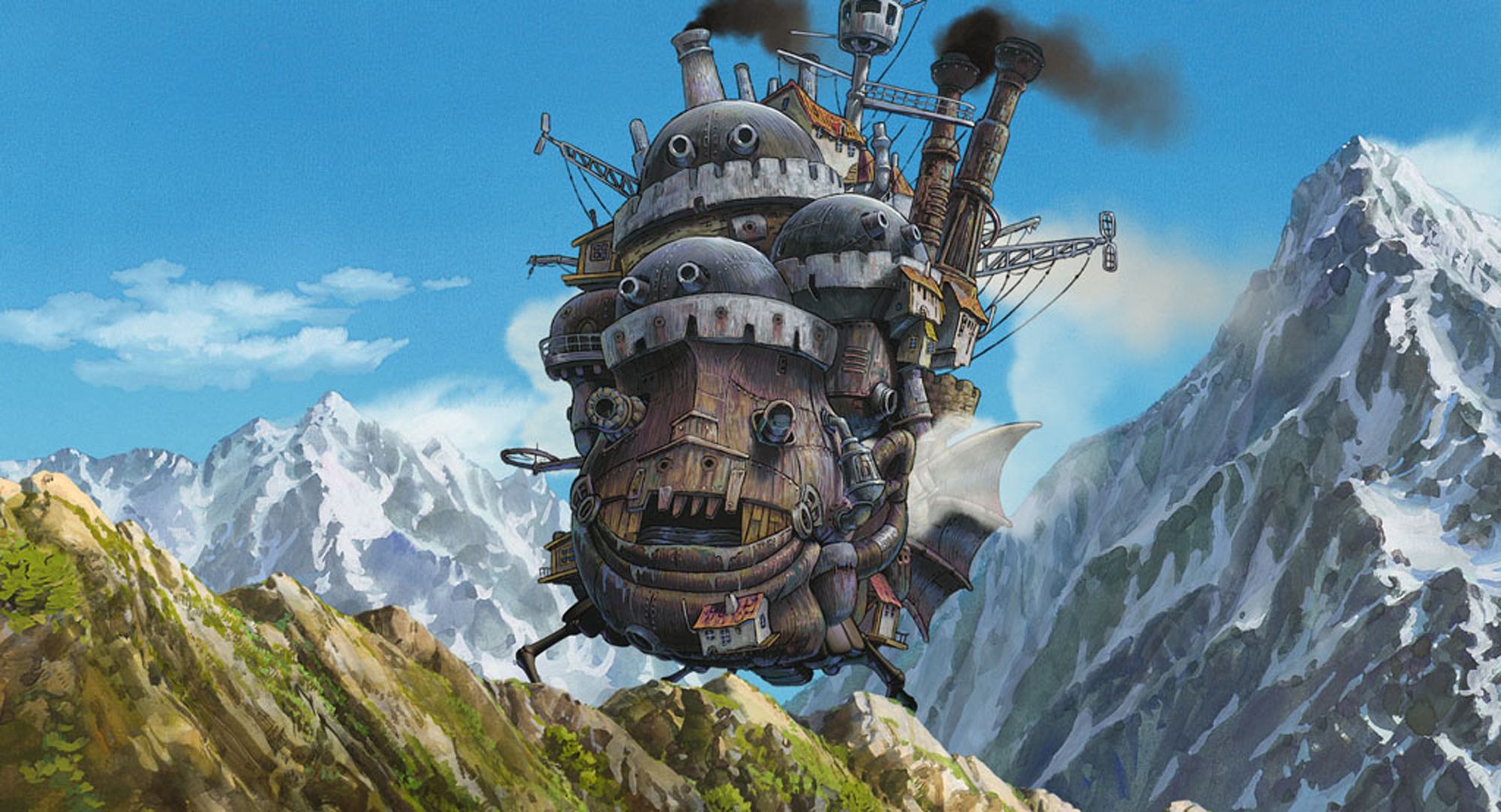
Featured Image: Amelia Jacob
What are your go-to comfort films?


